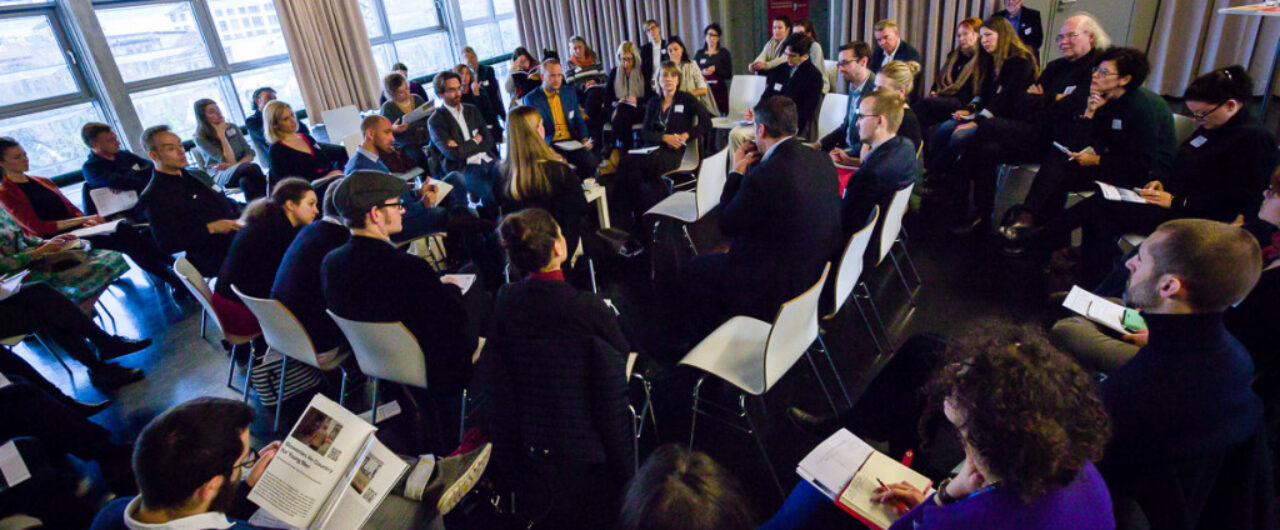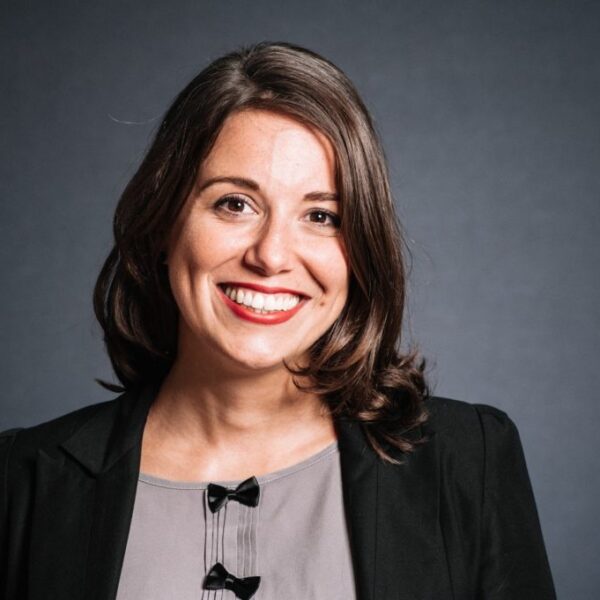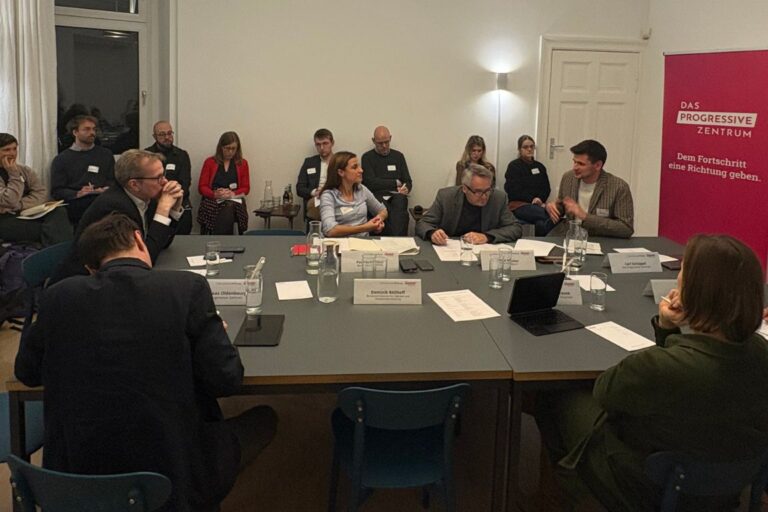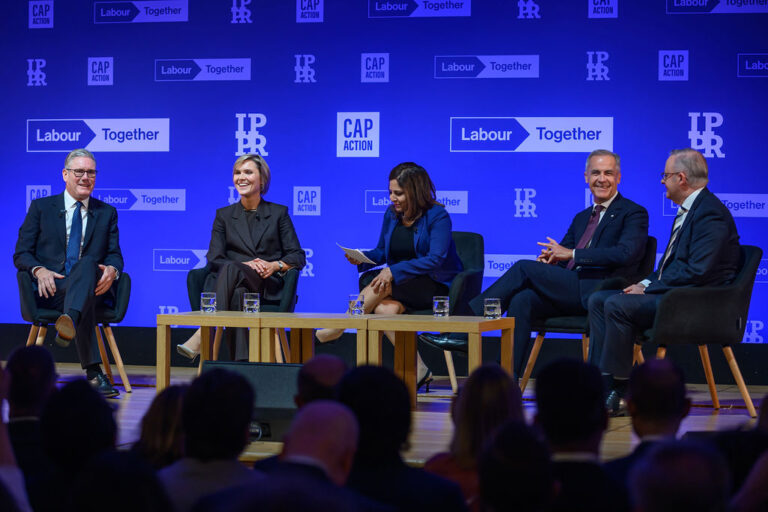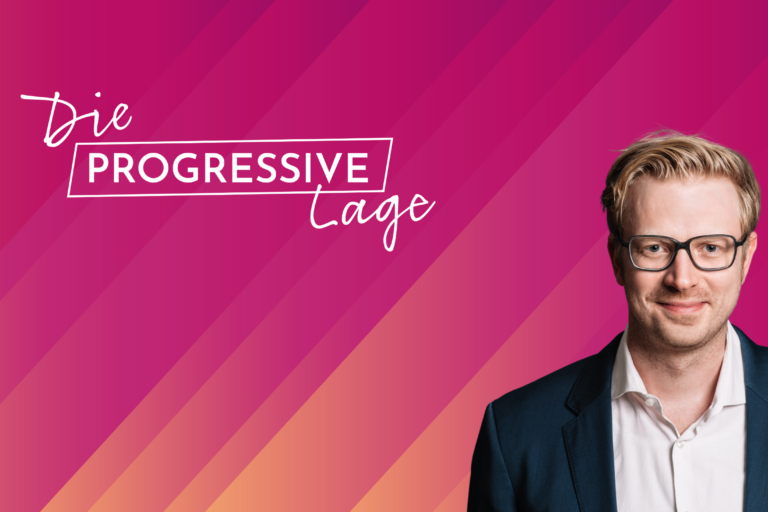On November 11, the renowned ‘A Soul for Europe’ conference took place at the premises of Radialsystem in Berlin. After an introductory panel various topics were discussed in parallel workshops sessions an at the European Marketplace, following three thematic tracks: Cities and Urban Change, Europe From the Bottom-Up and Arts & Politics – A Good Match? This year, Das Progressive Zentrum had the pleasure of co-hosting this extraordinary event.
What was the purpose of ‚A Soul for Europe‘?
There is a constant tension within the European project: the idea of a bottom-up societal movement contrasts with the rather exclusive governance of political elites in Brussels. How to encourage citizens across the continent to embrace their role as the real owners of Europe? How to strengthen the feeling of responsibility? These questions were the main theme of the renowned ‘A Soul for Europe’ Conference, which this year was proudly co-hosted by Das Progressive Zentrum.
The ‘A Soul for Europe’ initiative started in 2004, bringing together individuals from the cultural sector, politicians, representatives of the media and the business world as well as other areas of society. ‘A Soul for Europe’ is meant to serve as an exchange platform to define and initiate specific, common steps to strengthen the cultural component of the European development. Therefore, this year’s event in Berlin focused on the constitutive role of citizens and urban communities to connect this base for European development with other levels of responsibility.
Towards a new European Integration Policy
During the conference, Das Progressive Zentrum hosted a workshop session focusing on migration challenges in Europe. The subject was inspired by the outcomes of our #DialogueOnEurope project, carried out in partnership with the German Federal Foreign Office. The workshop hosted more than 30 participants from Germany and other European countries, representing various backgrounds, like politics, the media, NGOs and research.
Joachim Zeller, Member of the European Parliament, and Satu Kuitunen, Forum Aberdeen, facilitated the session. The main conclusion of the discussions was that there are still challenges to be tackled regarding integration policies, awareness-raising about migration as well as European coordination of migration policies. The problem of antagonising the newcomers against the local communities was raised, which is often followed by the rise of negative narratives about migration, shaped by emotional language and lack of migrant voices. Moreover, the failure in coordinating massive influx of migrants to Europe revealed the weakness of the EU and insufficiency of its policy measures to handle the situation.
Participants suggested that to overcome these ominous phenomena mutual exchange should be fostered: more initiatives should embrace local populations and immigrants by giving them more opportunities to meet and mix. Furthermore, they should raise awareness of intercultural sensitivities and of reasons for migration. At the European level, a profound reform is needed to initiate a fundamental renewal of the EU, allowing for a redefinition of its values, more transparency and more efficiency in common actions – complex but necessary tasks for the years to come.
Partners
The conference was promoted by the civil society initiatives A Soul for Europe and Cities for Europe in cooperation with Actors of Urban Change, Advocate Europe, Allianz Kulturstiftung, Center of Fine Arts Brussels (BOZAR), Cafébabel – The European Magazine, Felix Meritis Foundation, GRAD – Center of Culture and Debate Belgrad, Das Progressive Zentrum, Goethe Institut, Image Aiguë, internationales literaturfestival berlin (ilb), King’s College London, n-ost, Stichting Caucasus Foundation and Theater an der Parkaue.
An online debate preceded the event, including a statement of Das Progressive Zentrum.
For more information about the event, please follow the official ‘A Soul for Europe’ site or have a look at the Facebook photo album.

